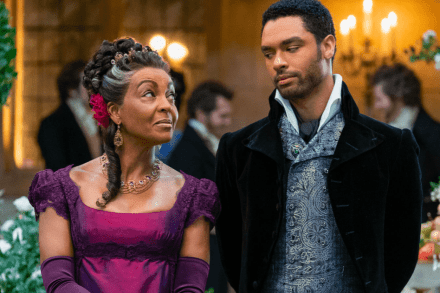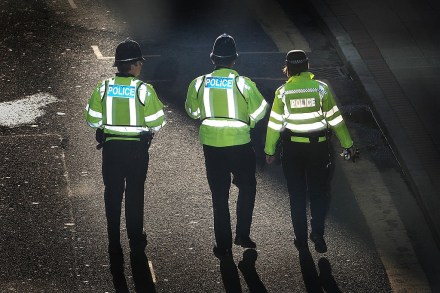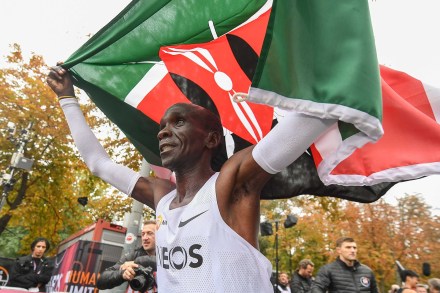Is Laura Kuenssberg leaving Westminster?
Is Laura Kuenssberg’s time as BBC political editor coming to an end? That’s the suggestion tonight after the Guardian reported she is in talks to step down from the role and move to a plum gig hosting the Today programme. Rumours of Kuenssberg’s impending departure have been circulating around Westminster for some time now to little avail. But this time it is being talked up as part of a wider shake up of the Beeb’s lead presenters, with Jon Sopel recently announcing he is ending his US beat and returning to the UK. Rumours of Kuenssberg’s impending departure have been circulating around Westminster for some time now Kuenssberg’s time in




















